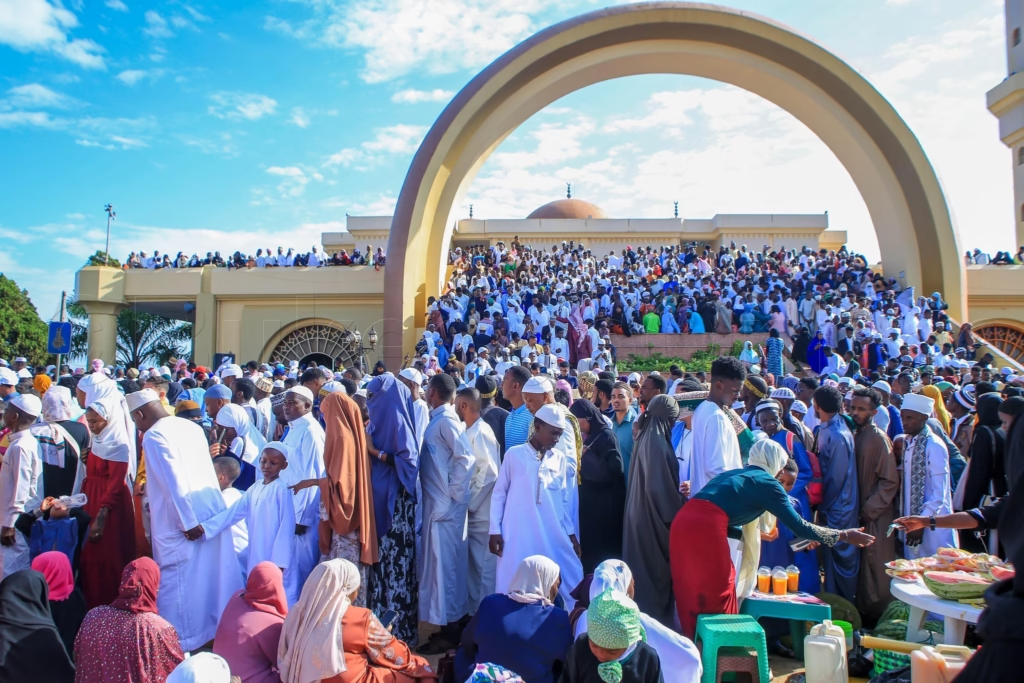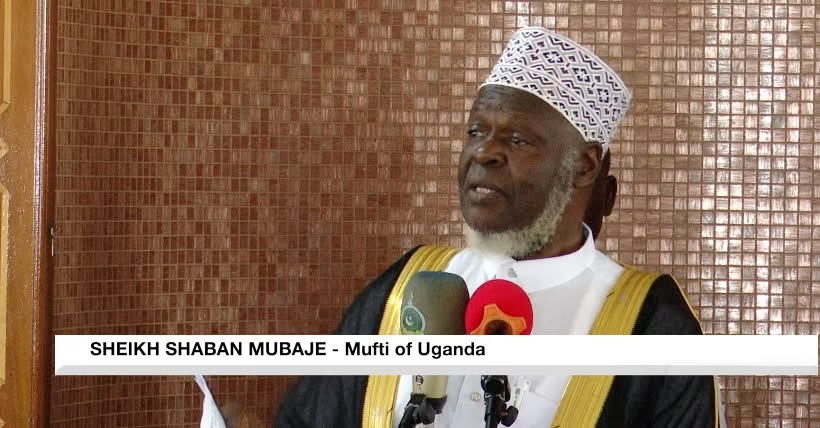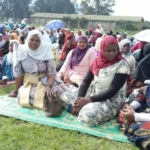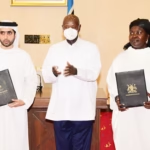The Mufti of Uganda, Sheikh Shaban Ramadan Mubajje, is urging the government to ban TikTok, citing its misuse by idle individuals to spread harmful content and slander others. This call to action coincides with his condemnation of the ongoing mass killings of Palestinians in Gaza, where he emphasized the need for world leaders to take action and promote peaceful conflict resolution.

Concerns about TikTok’s impact
- Misuse by idle individuals: Mufti Mubajje highlights the platform’s exploitation by those spreading malicious content.
- Spread of harmful content: He warns about the proliferation of immoral behavior and division on the platform.
- Comparison to Facebook: The Mufti draws parallels with Facebook’s past misuse, suggesting authorities should take proactive measures to regulate TikTok.

Other notable voices on social media usage include Mufti Menk, who advocates for responsible social media engagement, particularly among youth. He encourages productive online activities, such as learning, entrepreneurship, and job creation, while cautioning against hate speech, gossip, and addiction.

Eid prayers at the Old Kampala Mosque, also known as the Gaddafi National Mosque, are a significant event in Uganda’s Islamic community. Here’s what I’ve gathered from recent events.
- Eid Prayer Schedule: Typically, Eid prayers are held in the morning, around 7:00-8:00 AM, with the exact timing varying from year to year.
- Mosque Capacity: The Gaddafi National Mosque can accommodate up to 15,000 worshipers, with women having their own designated prayer section.
- Security Measures: Despite security concerns, the mosque has maintained a safe environment for worshipers, with free entrance to the mosque during Eid celebrations.
- Community Events: Eid prayers are often followed by community activities, such as distributing biscuits to children and taking photos.
- Imam’s Sermon: The Mufti of Uganda, Sheikh Shaban Ramadhan Mubaje, typically leads the prayers and delivers a sermon emphasizing peace, unity, and charity.



